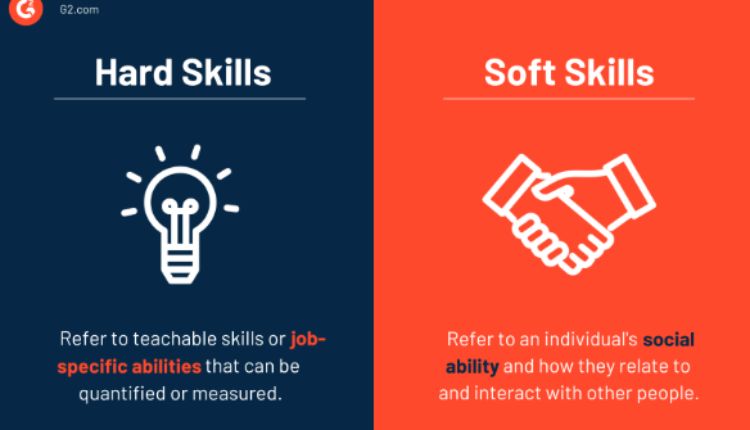In today’s fast-paced and competitive job market, professionals need more than just technical expertise to thrive. Employers are increasingly looking for individuals who possess a blend of both hard and soft skills. While hard skills are measurable and teachable abilities like coding, financial analysis, or graphic design, soft skills involve interpersonal qualities such as communication, leadership, and emotional intelligence. Striking the right balance between these two skill sets is crucial for long-term career success.
Understanding Hard Skills
Hard skills are the foundation of professional expertise. These skills are typically learned through formal education, training programs, or hands-on experience. Industries such as IT, finance, and construction heavily rely on hard skills, as they require specific technical knowledge to perform job-related tasks effectively. Certifications, degrees, and technical training courses validate an individual’s hard skills, making them an essential requirement in many fields.
For instance, in software development, proficiency in programming languages like Python or Java is a fundamental hard skill. Similarly, a finance professional must possess analytical abilities and an understanding of financial modeling to excel in their role. While hard skills help secure a job, they alone are not enough to achieve career growth.
The Importance of Soft Skills
Soft skills are the personal attributes that influence how we interact with others and navigate professional environments. These skills include communication, adaptability, teamwork, problem-solving, and leadership. Unlike hard skills, soft skills are not easily quantifiable but play a significant role in workplace success.
A project manager, for example, may have extensive knowledge of Gantt charts and resource allocation, but without strong communication and leadership skills, they may struggle to manage teams effectively. The ability to collaborate, resolve conflicts, and inspire others is what sets apart a great leader from a merely competent one.
Achieving the Right Balance
While hard skills are essential for performing technical tasks, soft skills determine how effectively those tasks are executed within a team or organization. Professionals who master both skill sets tend to advance more quickly in their careers. For example, an engineer who excels in problem-solving and technical design, but also possesses strong teamwork and communication skills, is more likely to be promoted to leadership roles.
Investing in continuous learning is key to achieving this balance. Online learning platforms like Lectera offer comprehensive courses designed to enhance both hard and soft skills. Lectera provides training in leadership, business communication, and personal development, ensuring that professionals are well-rounded and prepared for career advancement. By enrolling in courses offered by Lectera, individuals can develop crucial interpersonal skills while also improving their technical expertise.
How Lectera Helps Bridge the Skills Gap
One of the biggest challenges professionals face is finding a reliable source for structured learning. Lectera addresses this gap by offering practical, real-world training programs that cater to different career levels and industries. Whether you are looking to improve your negotiation skills, enhance your emotional intelligence, or gain expertise in digital marketing, Lectera has a course tailored to your needs.
By integrating both hard and soft skill training, Lectera empowers professionals to not only excel in their current roles but also prepare for future career opportunities. In today’s ever-evolving job market, being adaptable and continuously upskilling is the key to success.
Finding the perfect balance between soft skills and hard skills is essential for professional growth. While technical expertise can open doors, it is soft skills that help individuals thrive in leadership positions and collaborative environments. Platforms like Lectera make it easier than ever to enhance both skill sets through structured and practical learning. By focusing on continuous development, professionals can stay ahead of the curve and achieve long-term career success.






